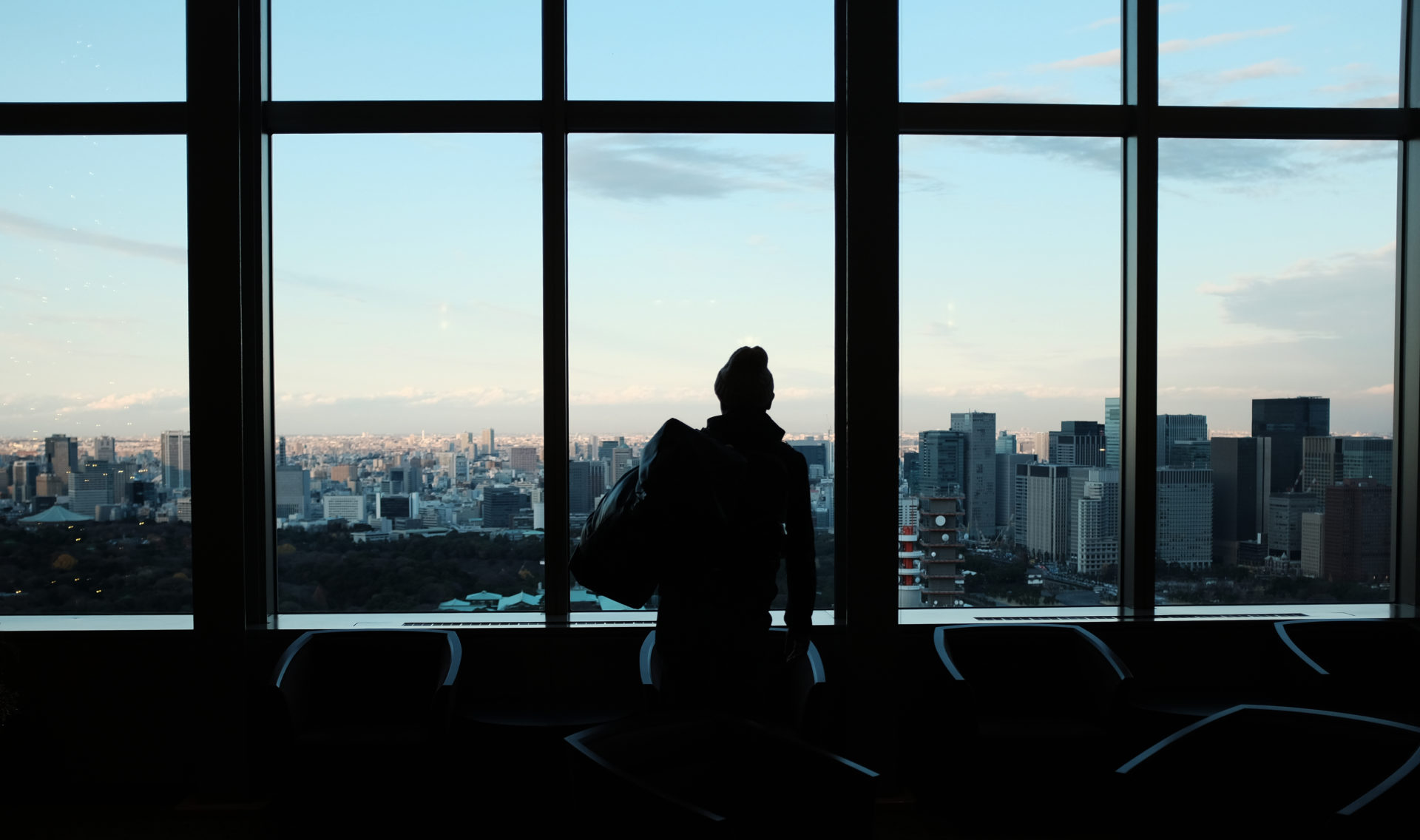Thank you to everyone who joined us for Dance/USA’s 2025 Dance Forum on January 10.
If you attended Dance Forum, please fill out this survey to share your experience with us.
Transcripts of the event are now available! Access the English Transcript and the Spanish Transcript.
It was an inspiring and productive morning filled with insightful conversations and meaningful resource-sharing.
Lisa Richards Toney, President and CEO of APAP, opened the event with a warm welcome, encouraging us all to “be active in our listening and our responding… active in order to transform.”
As Dance/USA Board Chair Abdo Sayegh Rodriguez shared, Dance Forum has been “carving a space for dance in the APAP community for over twenty years.” Reflecting on this, our Executive Director Kellee Edusei reminded us: “These opportunities to come together aren’t guaranteed… we must hold them precious and fight for the power of community.”
“Change and uncertainty, especially when they feel beyond our control, are natural sources of anxiety,” she added, urging the community to “double down on dance as a transformative tool.”
Citing Bertrand Evans-Taylor, our Director of Government Affairs at Dance/USA, Edusei also stated that, “our advocacy during this new administration will require serenity, courage, and wisdom. We have to discern which political happenings we should and can prioritize, remaining firmly attuned to the needs of the dance ecosystem. Policies that impact:
- The financial stability and sustainability of dance organizations
- Providing living wages and benefits to movement based artists
- Offering robust career paths and professional opportunities within the dance ecosystem
- Ensuring greater access and equity for all creatives workers
- Sustaining high quality arts education for the next generation, and
- Advocating for an American culture that values the dance ecosystem’s contributions that nourish and enliven our society”
Read Evans-Taylor’s full post: Post-Election Analysis: Advocacy, Resilience, and Discernment.
Two speakers shared research and findings in dancer health.
Sara Nash, Dance Director, Office of Strategy, Programs, and Engagement of the NEA, presented research from the Dance & Disability Field Scan, which is measuring ongoing challenges and opportunities for Deaf and Disabled dance artists. She also introduced the Arts, Health, and Well-being initiative, which is currently funding nine demo projects aimed at addressing social connection, belonging, and mental health through the arts.
“We are your public arts agency, and we are here to serve you to the best of our ability,” Nash affirmed.
She also reminded us of the upcoming NEA Grants for Arts Projects deadline on February 13. More information here.
Catherine Hagan Vargo, PT, DPT and Rosa Pasculli, MD represented the Dance/USA Task Force on Dancer Health (TFDH). Since 2005, Dance/USA’s TFDH has been screening dancers, tracking injuries, and developing accessible, dancer-friendly health resources readily available on the Dance/USA website. Their current research focuses on reducing injuries, minimizing burnout, improving career longevity, and addressing muscle deficiencies. Excitingly, free cross-training workout resources will soon be available to dancers—stay tuned!
Lisa Mount, Director of Artistic Logistics, and MK Wegmann, Principal of MK Arts Co, led the room in sharing “dance success stories.”
“Energy and relationships are our primary resources,” they shared. “What we know about humans, we learn from stories.”
- Percussive dance artists of Soles of Duende told us about how they learned to educate presenters about the performance conditions their work requires and how they engaged in resource-sharing with local artists while on tour.
- Sarah Lewitus from Mid Atlantic Arts explained how connecting with organizations helps build successful funding models.
- Kristen Brogdon of Northrop at the University of Minnesota shared how her team collaborates with community partners to create accessible events including sensory experiences, flexible ticket prices, and freedom to move during performances.
- Christy Bolingbroke of NCCAkron illustrated how clear, flexible communication builds trust with artists and organizations, leading to better outcomes for all.
Mount and Wegmann tasked audience members with sharing their own dance success stories. Artists, educators, presenters, funders, and administrators sparked discussions about the importance of collaboration, flexible performance pricing, and community engagement. Growing local dance communities and bringing dance beyond the formal stage were poignant themes.
Juan José Escalante, Executive Director of Miami City Ballet and Dance/USA’s Board Chair Elect, closed the gathering with a statement of abundant gratitude. He acknowledged that “the arts in general are in the middle of a very serious and critical storm,” and called on all of us to “work together coast to coast.”
At the Dance/USA 2025 National Conference in Chicago, we plan to do just that. Join us June 17-20!
Together, we’re envisioning and designing the future of our field. Thank you for being a part of the Dance/USA community.
Stay up to date with our news and announcements by subscribing to the Dance/USA Bulletin!
____
We accept submissions on topics relevant to the field: advocacy, artistic issues, arts policy, community building, development, employment, engagement, touring, and other topics that deal with the business of dance. We cannot publish criticism, single-company season announcements, and single-company or single artist profiles. Additionally, we welcome feedback on articles. If you have a topic that you would like to see addressed or feedback, please contact communications@danceusa.org.
Disclaimer: Opinions expressed in guest posts do not necessarily represent the viewpoints of Dance/USA.




